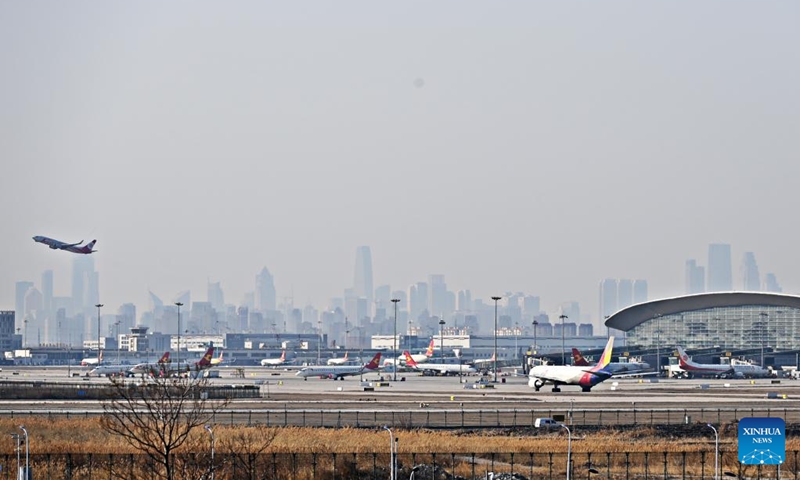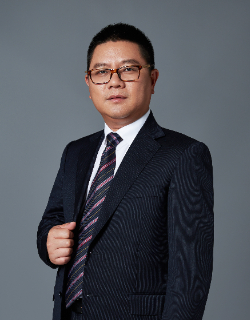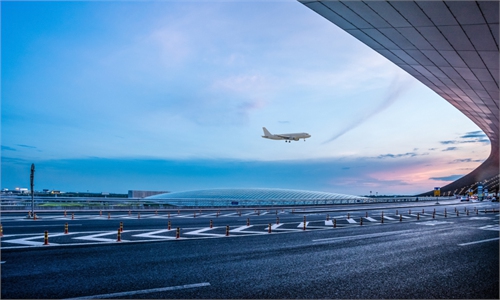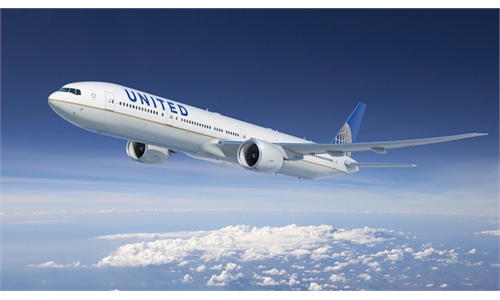Favorable taxation and financing policies for aviation industry ought to continue: political advisor

This photo taken on Jan. 10, 2023 shows the view of Tianjin Binhai International Airport in north China's Tianjin. People's social and economic activities gradually return to normal after China's optimization of its COVID-19 response measures. (Xinhua/Zhao Zishuo)
Turnover tax rate for civil transportation could be cut, and the tariffs on imported aircraft and aviation materials be removed as the industry is still facing huge losses, said Wang Junjin, a member of the 14th National Committee of the Chinese People's Political Consultative Conference (CPPCC), China's top political advisory body.Wang, who is also Chairman of JuneYao Group, said in a proposal shared with the Global Times on Sunday that officials should continue its favorable fiscal taxation and financing policies for the aviation industry.
The proposals came amid the background of the Chinese aviation industry facing sustained losses brought about by the pandemic and external pressures, especially in 2022 with mixed pressure from flying safety, epidemic prevention and control and operating losses.
In 2022, the whole industry faced a loss of 216 billion yuan ($31.27 billion), and the whole year's passenger transport was less than 40 percent of the level before the epidemic in 2019, which is not only the lowest level in the three years since the epidemic, but also the lowest level since 2012, according to Wang.
The aviation industry lost a near collective 400 billion yuan during the three-year epidemic, Wang added.

Wang Junjin, Chairman of JuneYao Group Photo: Courtesy of JuneYao Group
Although the industry is recovering, it still faces relatively large short-term debt repayment pressure. In addition, considering that the civil aviation industry has a large number of aircraft purchased and leased from overseas, in the new stamp tax law implemented in July 2022, units and individuals who use taxable certificates in the territory of foreign countries should pay stamp tax, which makes the airlines in high tax pressure, Wang explained."We should reduce and exempt stamp duty rates, and continue to provide financial supports such as special emergency loans to the civil aviation industry", Wang said.
He also proposed to increase discussions with countries for a greater number of flights, expand the countries of visa-free and visa-on-arrival visas for short-term travel held by Chinese citizens, encourage more domestic airlines to open new international routes and increase more subsides for small and medium-sized airports.
The Civil Aviation Administration of China (CAAC), the country's civil aviation regulator, said in January that this year it aims to return to 75 percent of 2019 levels in terms of market performance, with the recovery already underway.
The CAAC said it will encourage large airlines to build air express lines between hubs, encourage small and medium-sized airlines to focus on regional markets, and restore the international aviation market in a stable and orderly manner.
The Chinese aviation industry is now on the track toward a quick recovery, and Chinese airlines are actively resume flights in and out of the borders, as well as the fast recovery pace for the overseas carriers.
Data from information provider VariFlight showed that the actual number of overseas passenger flights in and out the Chinese mainland reached 513 on Wednesday, the first for the flights number back to threshold of 500 in the past three years.



